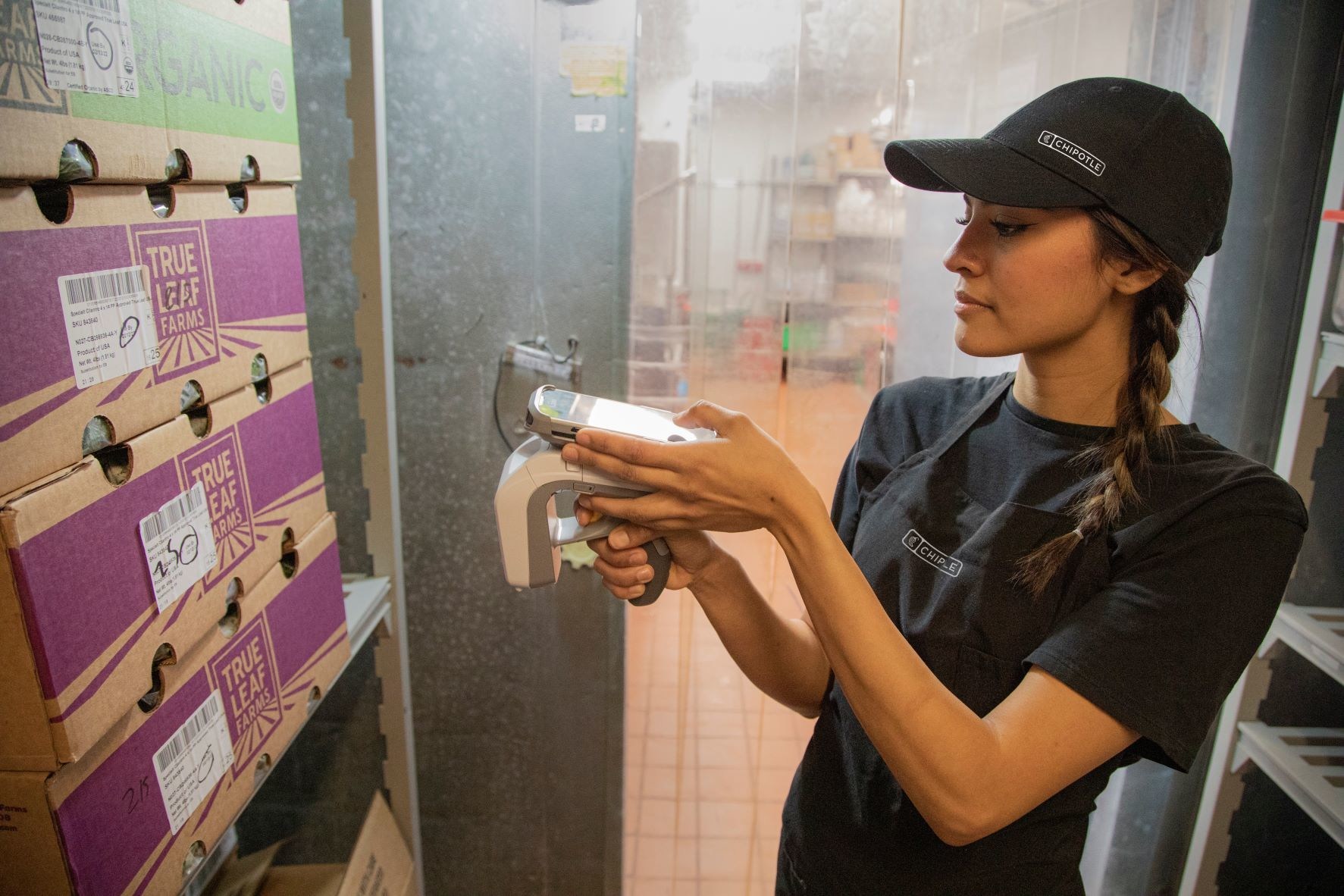Colorado web designer’s Supreme Court case pits free speech against commercial conduct

Denver, Colorado-based mostly web site designer Lorie Smith does not want to be compelled to make personalized sites for very same-sex weddings, an difficulty that Supreme Courtroom justices will tangle with in a situation that pits the independence of speech versus business conduct.
That challenge was the matter of a dialogue hosted by the Alliance Defending Freedom that reworked into a cordial debate Tuesday night among lawyers talking about the no cost speech situation 303 Resourceful LLC v. Elenis in the course of an party at the National Archives in Washington, D.C.
Smith, the operator of 303 Artistic, submitted a lawsuit to problem a Colorado legislation that would power her to make personalized wedding ceremony websites for very same-sex couples, the exact law that was applied in opposition to Masterpiece Cakeshop operator Jack Phillips. The director of the Colorado Civil Rights Division, Aubrey Elenis, is the respondent in the case.

Kaelan Deese
SUPREME Courtroom TO WEIGH Regardless of whether WEBPAGE DESIGNER CAN DENY Solutions TO Very same-Intercourse Partners
“We are the past Western place in the entire world that continues to have robust free speech security and that has resisted authorities compulsion, government censorship guidelines, like what is currently being found proper now all over Europe, Canada, Australia, and New Zealand,” reported Kristen Waggoner, the standard counsel for ADF who will represent Smith when justices hear arguments in the situation on Dec. 5.
David Cole, the nationwide lawful director of the American Civil Liberties Union, disagreed and argued that Smith’s choice to enter the community industry disallows her from denying distinct requests, even if the content material she is requested to make defies her honest Christian beliefs.
“You can not say, ‘I’m serving the public, but I’m not likely to provide gay folks,'” Cole mentioned. “You can’t say, ‘I’m going to provide a services to opposite-sexual intercourse couples, but I will not supply that very same service to exact-intercourse couples,’ for the reason that now you are not open up to the community.”
Cole argued that Waggoner’s rationale for defending Smith could allow for a “baker that is racist” to refuse services of a cake to a black family members if it suggests “Pleased birthday,” noting that the “Initial Modification guards racist beliefs as properly.”
Notre Dame Law School professor Sherif Girgis was also aspect of the discussion and generally interjected in between Waggoner and Cole to make clarifications about Supreme Court precedent. Girgis argued that Smith’s situation boils down to no matter whether there is a “persuasive curiosity” to need a human being in a creative business enterprise to accomplish a responsibility contradicting his or her honest beliefs.
The legislation professor cited the substantial court precedent in Hurley v. Irish-American Homosexual, Lesbian, and Bisexual Team of Boston, indicating it founded precedent that you “are unable to compel somebody to say or make or do anything expressive, carrying a concept they reject until there’s a compelling desire.”
An viewers member later on requested a hypothetical issue to the panel about what would take place if a heterosexual person questioned an artist to structure a website celebrating a exact same-sex relationship but refused company dependent on that artist’s beliefs about marriage unions.
Waggoner reiterated that Smith is seeking to refuse provider based mostly on the information of the information and not the person’s id. She formerly explained ADF would defend the exact legal rights for absolutely everyone, regardless of whether they are “Democrat or Republican, regardless of whether they’re Muslim, irrespective of whether atheist.”
The Colorado Anti-Discrimination Act prohibits a personal enterprise from refusing solutions to customers of the community based mostly on identification.
Click Listed here TO Examine Much more FROM THE WASHINGTON EXAMINER
Simply because Smith is arguing her circumstance on cost-free speech grounds and not spiritual, the justices are tasked to come to a decision no matter if she is asking to engage in id-primarily based discrimination or concept-primarily based discrimination when they listen to arguments on the case on Dec. 5.
Girgis, who is also a previous clerk to Supreme Court docket Justice Samuel Alito, predicted the justices would rule 7-2 in Smith’s favor when they return a choice in the case sometime right before subsequent summer time.

/cloudfront-us-east-2.images.arcpublishing.com/reuters/5KEKNKX4XVLVHIBQ4MLXRSTUTM.jpg)




